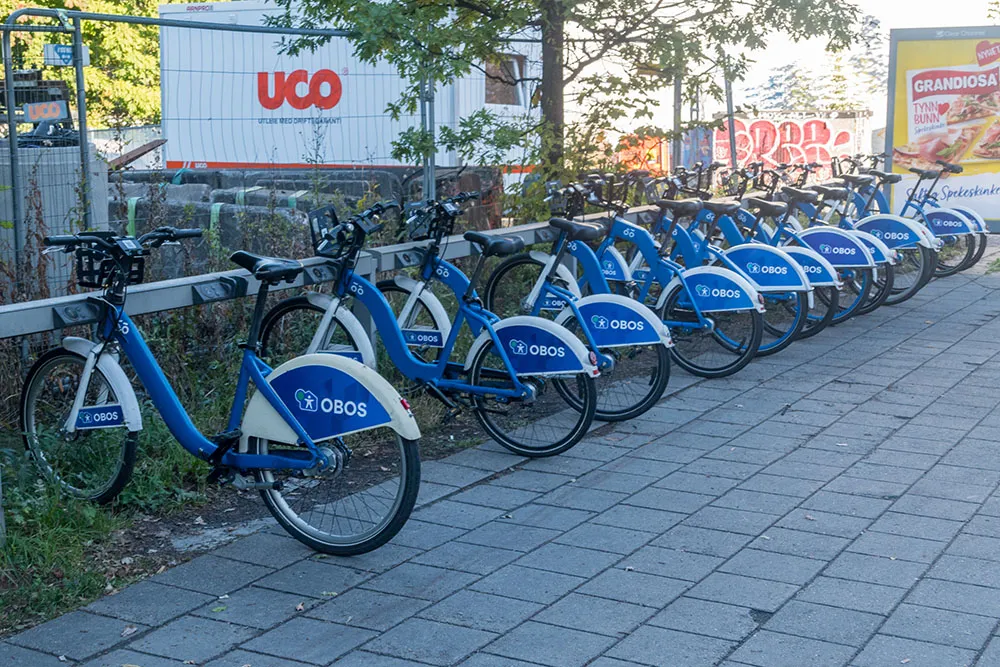The city of Oslo in Norway is constructing a new biogas facility which will convert food waste such as coffee grounds and banana peels into green fuel for buses beginning 2013. Local company, Cambi, is constructing the plant, which is to produce the energy equivalent of four million litres of diesel fuel per annum. The plant will use the thermal hydrolysis method. According to the Acting Plant Manager of the Oslo Municipality Waste-to-Energy Agency, Anna-Karin Eriksson, complete capacity for the biogas plan
April 19, 2012
Read time: 2 mins
The city of Oslo in Norway is constructing a new biogas facility which will convert food waste such as coffee grounds and banana peels into green fuel for buses beginning 2013. Local company, 5027 Cambi, is constructing the plant, which is to produce the energy equivalent of four million litres of diesel fuel per annum. The plant will use the thermal hydrolysis method.
According to the Acting Plant Manager of the Oslo Municipality Waste-to-Energy Agency, Anna-Karin Eriksson, complete capacity for the biogas plant is expected in 2013. That will provide sufficient biogas for a minimum of 200 buses. A total of 65 buses in the city currently run on biogas produced from sludge from Oslo's sewage treatment facility.
The plant, which will also offer nutrient-rich bio-fertilizer for some 100 medium-sized local farms, will process 50,000 tonnes of food waste per year. It will be transformed into eco-friendly fuel for 135 municipal buses.
According to the Acting Plant Manager of the Oslo Municipality Waste-to-Energy Agency, Anna-Karin Eriksson, complete capacity for the biogas plant is expected in 2013. That will provide sufficient biogas for a minimum of 200 buses. A total of 65 buses in the city currently run on biogas produced from sludge from Oslo's sewage treatment facility.
The plant, which will also offer nutrient-rich bio-fertilizer for some 100 medium-sized local farms, will process 50,000 tonnes of food waste per year. It will be transformed into eco-friendly fuel for 135 municipal buses.







